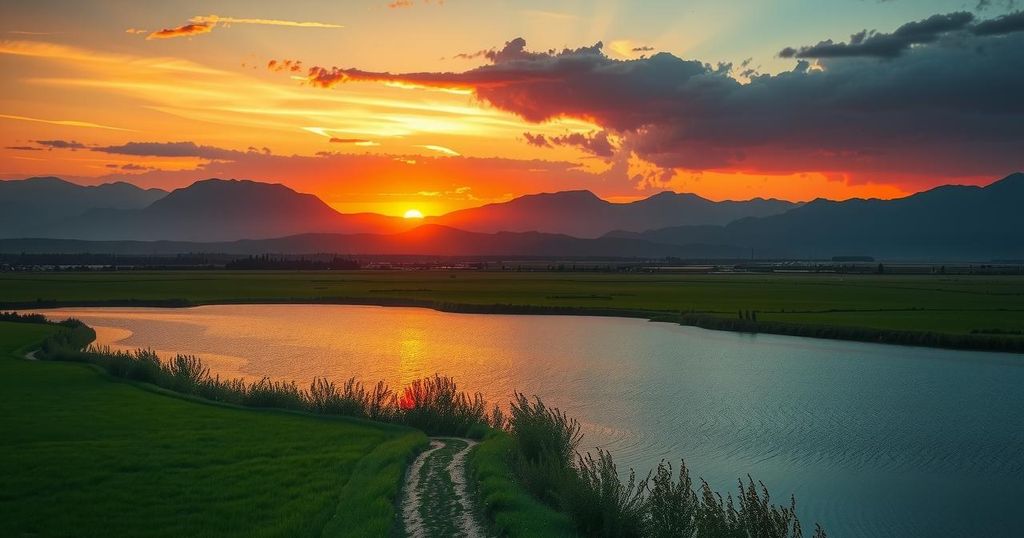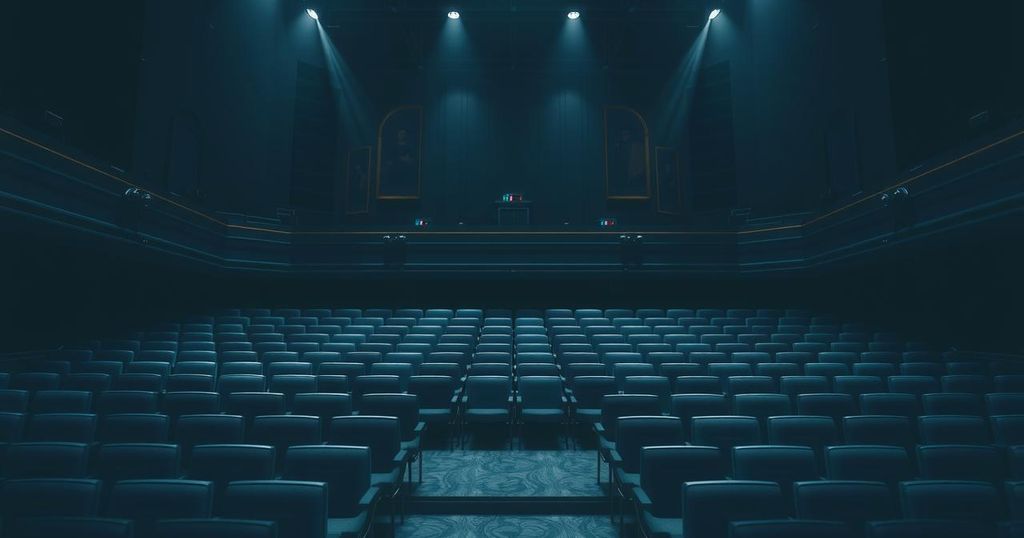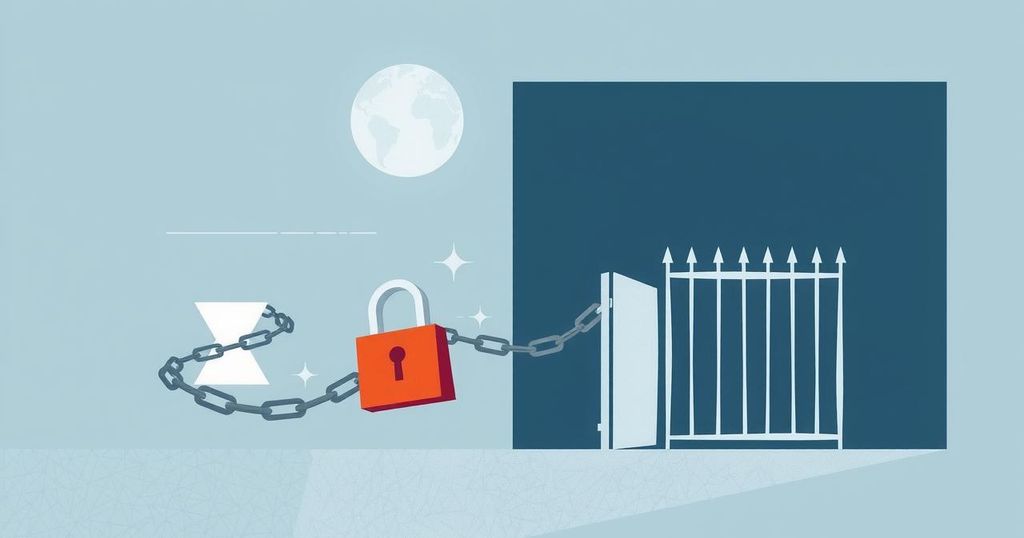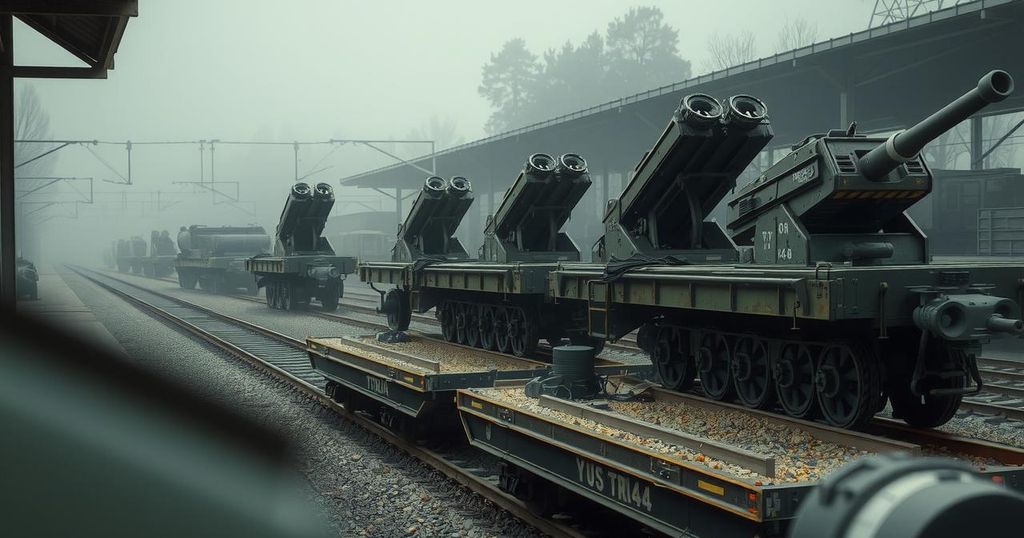Escalating Conflict in Eastern Congo: Key Insights on Goma’s Crisis
The escalation of conflict in eastern Congo is marked by advancing M23 rebels towards Goma, increasing casualties, and widespread displacement. The humanitarian situation is deteriorating as the region faces potential broader warfare, exacerbated by regional influence from Rwanda. Goma, as a strategic city, remains crucial for trade and stability in the area.
Recent fighting in eastern Congo has intensified sharply as M23 rebels advance towards Goma, the last major government stronghold in the region near Rwanda. Hospitals are overwhelmed with casualties as civilians are increasingly caught in the conflict. This has led to thousands of displacements, worsening an ongoing humanitarian crisis and raising fears of broader regional warfare.
Explosions from the outskirts of Goma have echoed throughout the city, impacting daily life as schools and businesses close. Military checkpoints have been established, and the local governance faced a significant loss with the death of North Kivu’s governor, who was injured at the front lines.
The M23 rebels, emerging in 2012, are one of many armed groups in the mineral-rich eastern Congo. They claim to protect ethnic Tutsis but critics argue that this serves as a cover for Rwandan interests to gain economic control. Areas under M23 control have seen the establishment of their own governance structures and resource extraction.
Allegations from Congo and international observers suggest that Rwanda is backing the M23 rebels, significantly increasing their numbers. Rwanda contends that its military presence is a safeguard for its national security. Experts believe that this support exacerbates tensions between the two nations, posing risks of conflict at the regional level.
The United Nations refugee agency reported that over 400,000 individuals have been displaced this year due to the escalating violence, leading to heightened health crises in already overcrowded camps. Personal accounts reveal the dire conditions, with many families forced to abandon their homes and seek safety amidst the ongoing shelling.
Goma’s strategic importance as a hub for trade, humanitarian efforts, and crucial transportation routes makes it a prime target for the rebels. The city was briefly captured by the M23 in 2012, and its potential fall again could signify a significant setback for governmental forces and lead to increased civilian suffering.
The conflict in eastern Congo is rooted in a long-standing struggle among multiple armed groups vying for control over the resource-rich region. The M23 rebel group, which emerged from ethnic tensions and political disputes, has capitalized on local instability in recent weeks. The geopolitical ramifications extend beyond Congo, with Rwanda’s alleged involvement complicating regional security dynamics and international relations.
In conclusion, the situation in eastern Congo is dire, with escalating violence from M23 rebels threatening the stability of Goma. The humanitarian crisis is deepening as communities are displaced and health services are overwhelmed. The involvement of regional powers like Rwanda raises the stakes, potentially leading to broader conflicts unless immediate interventions are enacted to protect civilians and stabilize the region.
Original Source: apnews.com




Post Comment